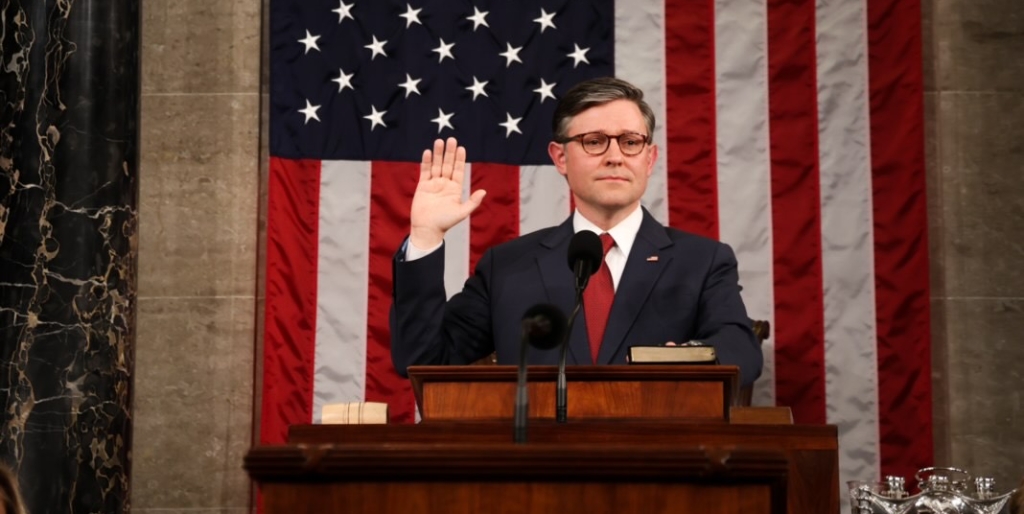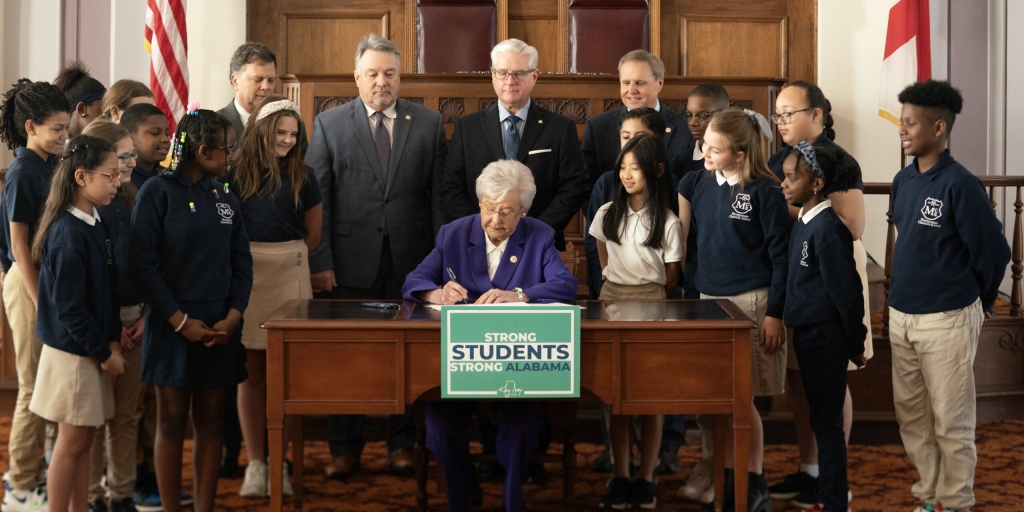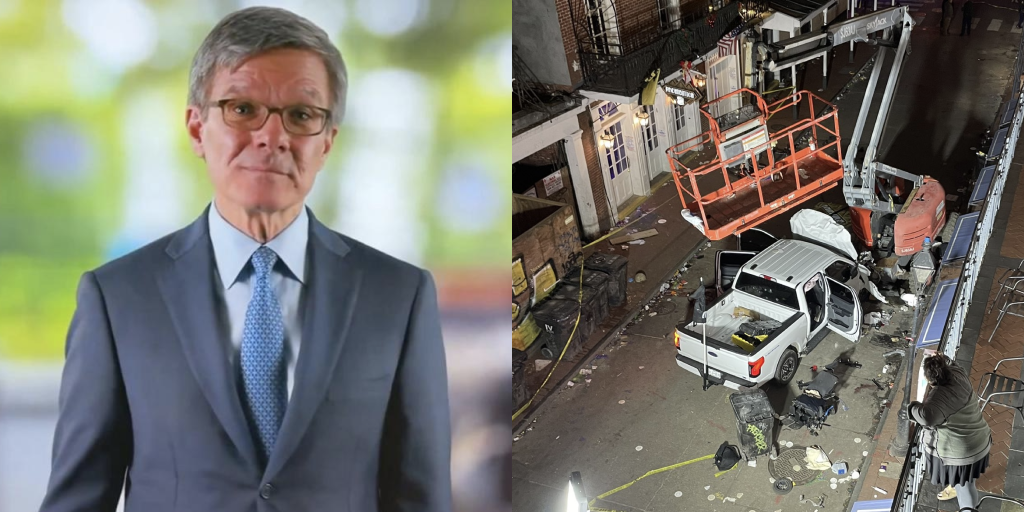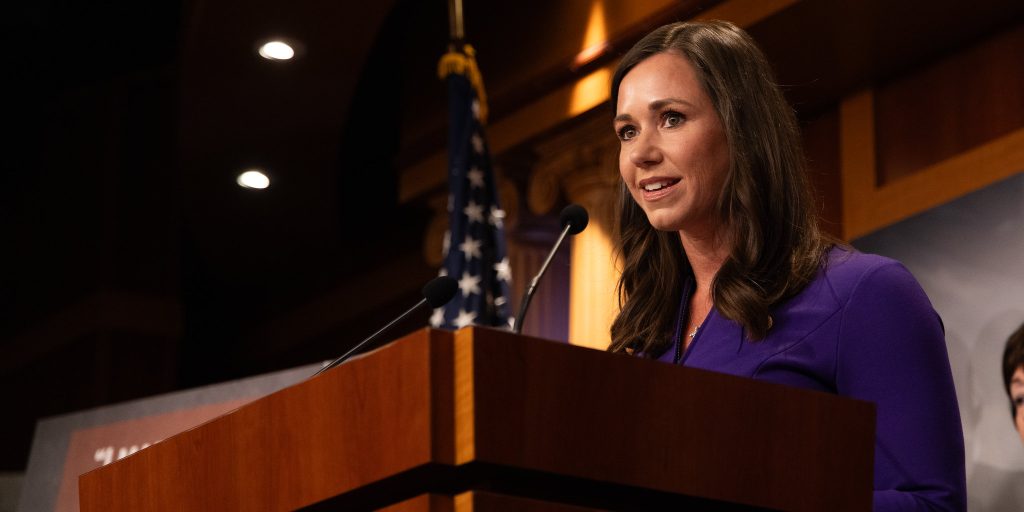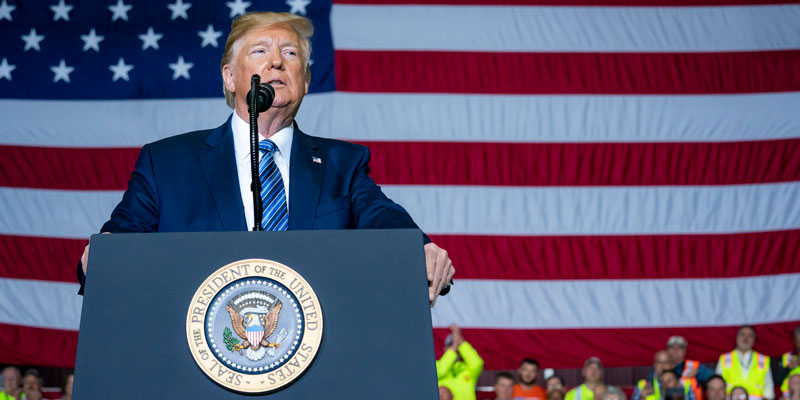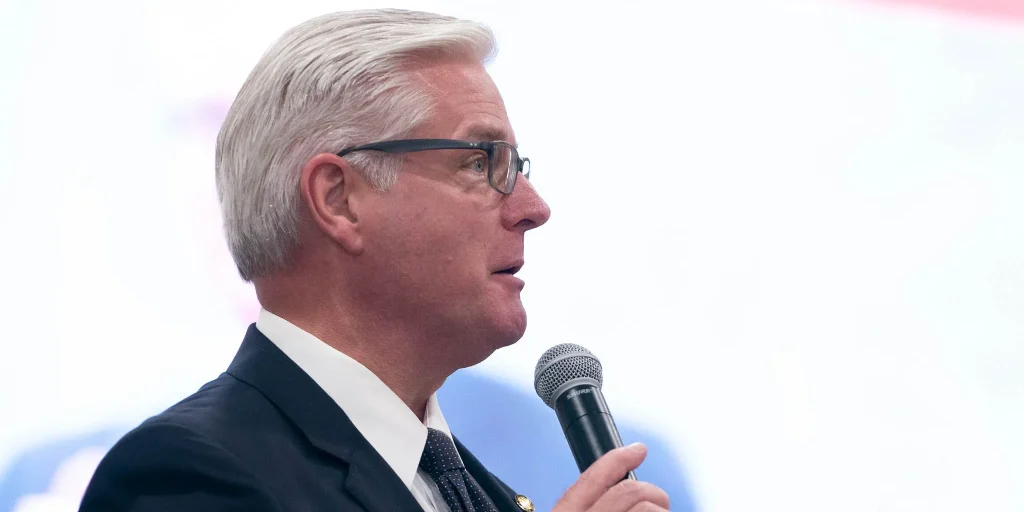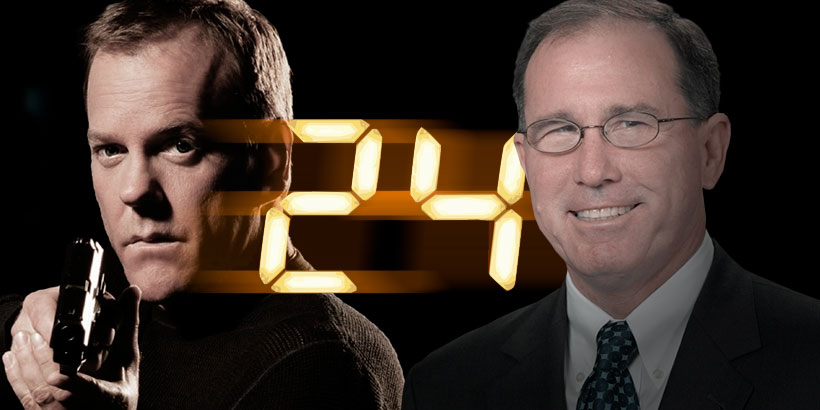
Michael G. Vickers is a low-key guy.
His unassuming demeanor would never leave anyone with the impression that he has, as the New York Times put it, “participated in virtually every significant global crisis of the past four decades.”
And yet that statement would not be met with even the slightest resistance in the shadowy world of U.S. clandestine operations.
As a senior in high school, Vickers, who at the time was an average if uninspired student, learned about the CIA’s “Secret War” in Laos, a little-known proxy war between Cold War superpowers. His interest was piqued. He enlisted in the U.S. Army, where he scored off the charts on the Army’s intelligence test and went on to become a Green Beret, which proved to be perfect preparation for his dream job as a CIA operative.
If practicing sneaking behind Soviet lines was a backpack-size nuke was your idea of fun, the Green Berets was apparently the place to be during the Cold War.
The New York Times explains:
Mr. Vickers was a member of the Green Berets assigned to infiltrate Warsaw Pact borders should World War III break out. His mission: Detonate a portable nuclear bomb to blunt an attack by the overwhelming numbers of Soviet tanks.
He was sent to Central America and the Caribbean during the era of small anticommunist wars, helping to end an airline hijacking and a hostage case involving Honduran government officials. He was also assigned to what a military biography euphemistically calls “contingency operations against the Sandinista regime in Nicaragua.”
In the early 1980s Vickers made the move to the Central Intelligence Agency and joined “Operation Urgent Fury,” the U.S.’s successful invasion of Grenada. He was then tasked with heading up counterterrorism operations in Lebanon after 241 U.S. servicemen were killed in the 1983 Marine barracks bombing in Beirut.
By that time, Vickers’ reputation was already well established in the covert ops community. But his next job was probably the first time the President of the United States became aware of who he was.
He was the CIA’s top strategist for what is now known as “the largest covert action in American history, smuggling arms and money to Afghan mujahedeen battling Soviet invaders in Afghanistan.”
The operation was memorialized in Charlie Wilson’s War, the best-selling book-turned Hollywood blockbuster starring Tom Hanks.
Vickers’ character, who is played by Christopher Denham, can be seen in action in the seen below. (Language warning.)
(Article continues after the video)
Vickers has seen about as much covert action as Jack Bauer from Fox’s hit show 24. But Vickers has also been able to do something Bauer’s anti-authority streak never quite allowed to happen: Rise to the highest levels of the U.S. counterterrorism leadership structure.
He advised President George H.W. Bush and his war cabinet as Senior Vice President, Strategic Studies, at the Center for Strategic and Budgetary Assessments.
Then, after graduating with honors from the University of Alabama, earning his MBA from Penn’s famed Wharton Business School and a Ph.D. from Johns Hopkins University, Vickers was “summoned to the Pentagon” to craft U.S. counterterrorism strategy in the wake of 9/11. He later became Assistant Secretary of Defense, taking a leading role as radical Islamic terrorism became the primary focus of the U.S.’ defense and intelligence community.
For the past eight years at the Pentagon, he first managed Special Operations policy and then intelligence programs. He was former Defense Secretary Robert M. Gates’s handpicked liaison to the C.I.A. for the SEAL Team 6 mission that killed Osama bin Laden.
Mr. Vickers’s efforts contributed to the accelerated expansion of Special Operations forces — doubling personnel numbers, tripling their budget and quadrupling the pace of deployments.
Last year, Vickers left the Pentagon just shy of his 62nd birthday.
“A secret warrior leaves the Pentagon as quietly as he entered,” the Times reported.
Asked what he was most looking forward to, Vickers had a one-word answer.
“Sleep.”
For more on Mr. Vickers, we recommend:
1. A Secret Warrior Leaves the Pentagon as Quietly as He Entered
2. Military Strategy Forum: The Honorable Michael Vickers on Intelligence and National Security
3. Former Obama Terrorism Adviser: Change Your Strategy, Mr. President




